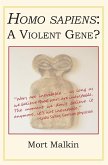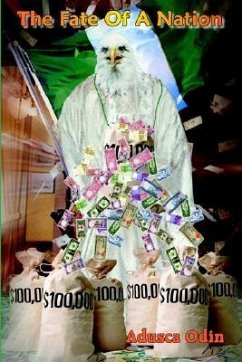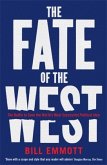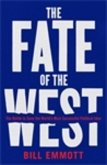When we look at all the main religions, as well as patriotic, moral and traditional systems in which human beings are sheltering today, they appear to be in a mutually destructive movement, like the houses and palaces of some vast, sprawling city overtaken by a landslide. To the very last moment, despite falling rafters and bulging walls, men and women cling to the houses in which they were born and to the ways to which they have grown accustomed. At the most, they scuttle into the house opposite or the house next door. They accuse each other of straining the partitions and overtaxing the material; they accuse other people of secret mining operations. They cannot believe such turmoil can continue. The city is still sound enough, they say, if it is not too severely tried. At any pause in the wreckage, they exclaim, 'What did I tell you? It's all over. Now we can feel safe again.' When they finally realise the inevitability and universality of the disaster, most of them have become too frantic to entertain the possibility of one supreme engineering effort that might yet intercept those seeping waters that have released the whole mountainside to destruction. Such a salvaging of our species is still possible if we spend all our energy and effort on truly uniting mankind. That is as much as the most hopeful mind can say.
Hinweis: Dieser Artikel kann nur an eine deutsche Lieferadresse ausgeliefert werden.
Hinweis: Dieser Artikel kann nur an eine deutsche Lieferadresse ausgeliefert werden.







